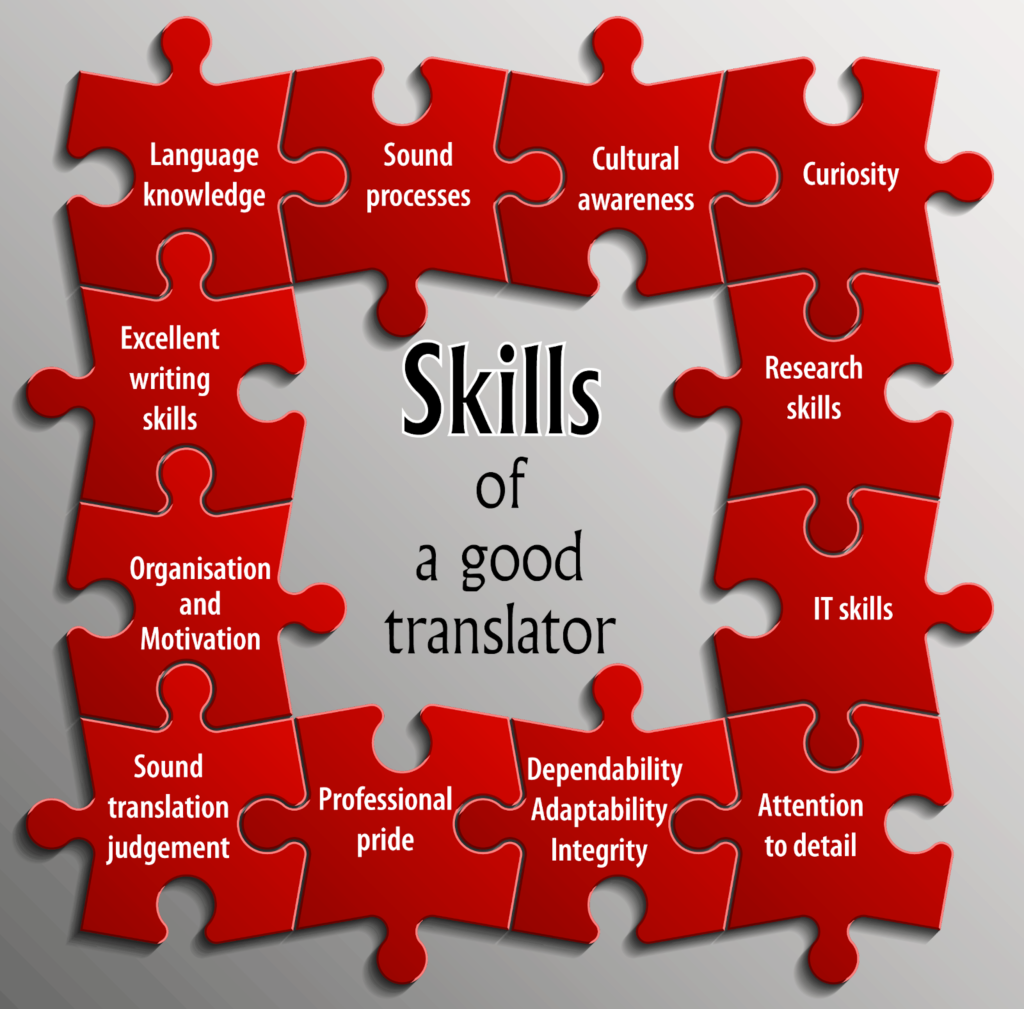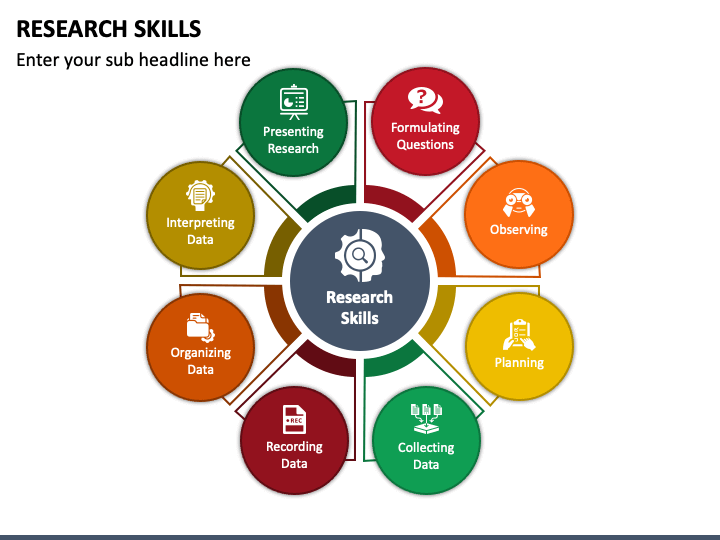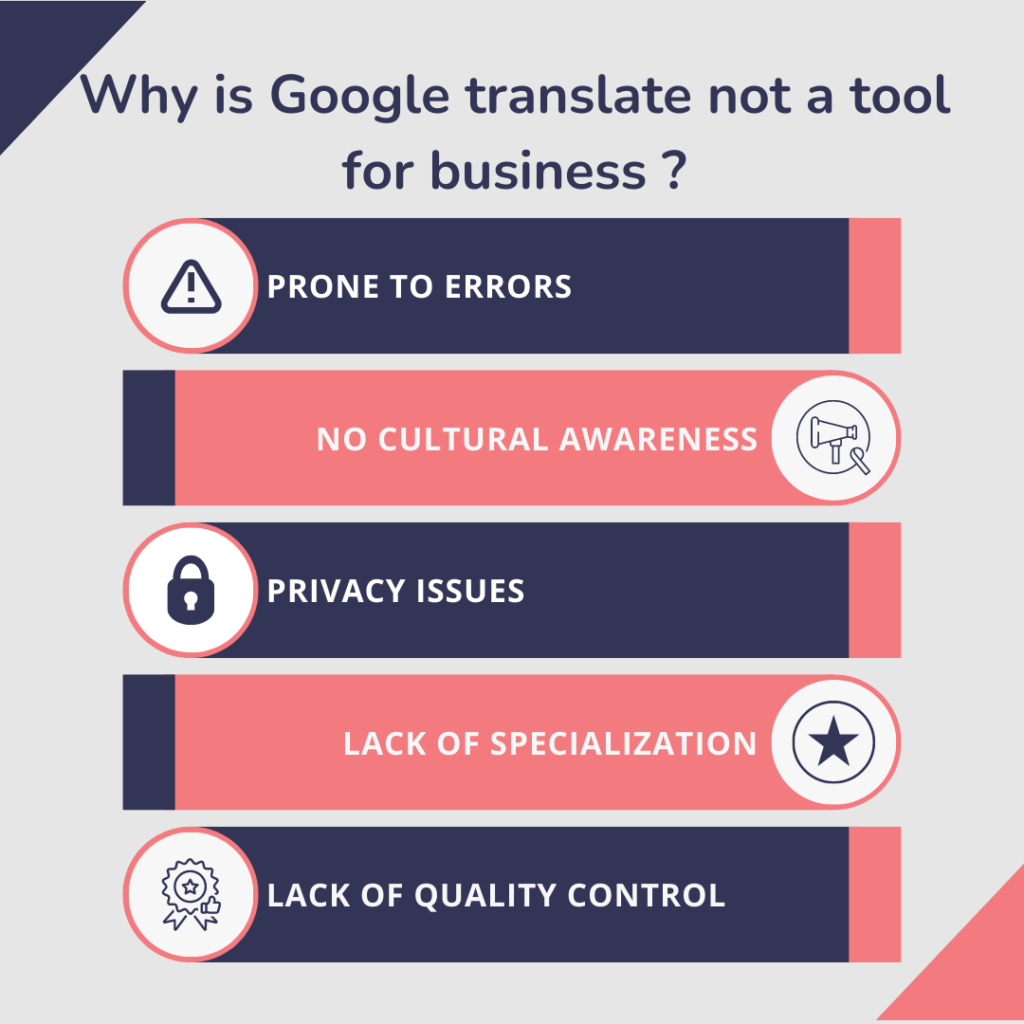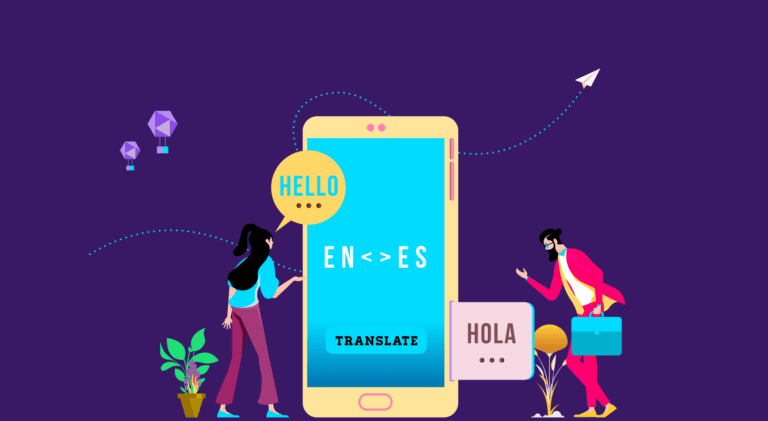Legal Document Translations And Their Importance

You will encounter many foreign customers or industry professionals as a business person. And at some stage, you will also have to work on legal documents in a foreign language. As a result, the market for legal document translation is growing.
Legal document translation is a general service availed when one needs a legal document translated. This blog addresses everything you need to know about it.
What is Legal Document Translation?
Legal document translation involves converting material from one language to another. These are official documents of great importance and can be on financial matters or important legal evidence. One of the crucial things here is to keep the original meaning intact. Legal translators should also have a broad knowledge of law jargon.

Legalise is like a language on its own, and your legal translator needs to have a background in law. Moreover, the translator must know both countries’ laws before working on any document. This is because, in law, some words do not represent the original meaning. Plus, legal translators should know the significance of the documents they are translating.
Some different legal documents and materials need a translation. Some of them include the following:
- Contracts
- Depositions
- Court and witness transcripts
- Trusts and wills
- Complaints
- Confidentiality agreements
- Immigration documents
- Birth certificates
- Proposals
- Licenses
- Policies
- Legal statements
- Legal disclaimers
- Litigation documents
Skills Required for Legal Translation
The need for legal translation has increased over the past few years, with many companies going international and people visiting foreign countries for work and travel. There is a need for translators with the right skills. Here are some skill sets that are a must-have for proper legal translators.
1. Knowledge of the legal system
One of the essential requirements is to have legal knowledge. When a translator has a working knowledge, it becomes easy to translate. When the piece of document is familiar, work becomes quick. And there are fewer mix-ups. Also, a translator with working knowledge will know what an attorney needs and what is essential in a courtroom. With this understanding, a translator can do a better job.

2. Can maintain the exact meaning
Another critical aspect of document translation is keeping the meaning the same. A translator should have the ability to translate a document properly. The document’s statements, clauses, or other details should relay the same meaning. Natural-born speakers of the language are a better fit. But those who can learn the target language well can also help.
3. Legal experience
While knowing the law helps, it is much more helpful if a legal translator has some years of legal experience. This can help in translating the documents better. It also helps in handling the stress and strain of situations. Since they know the environment, they work better as per the expectations.
4. Follows the framework
Legal translation has a set framework. Following that is important without changing the meaning. Translated material should read like the original. The translator must stick to the structure, topic, and issues. They must have a good hold of the language.
5. Must be good at research and writing
The translator’s writing skills should be excellent. The write-ups should convey the correct meaning. Also, the translator should have a solid legal vocabulary. That helps in using the right words and in context. The sentences should be accurate and precise.

Research is also equally important. While it is crucial to translate accurately, translators must also be adept at research and writing.
6. Should be able to maintain confidentiality
Since translation is a legal task, one is bound to come across confidential information. As part of attorney-client privilege, maintaining confidentiality is important. A legal translator must be made to sign a non-disclosure agreement and be unbiased.
The Importance of Legal Documents Translations
Reliable translations are essential for companies looking to establish their presence in global markets. Translations overcome the language roadblock and present information to new partners overseas. Legal translation is – as established above – a crucial aspect of translation.
Here are a few reasons why you need it.
1. Helps in making a good business plan
Accurate translations are essential for a good business strategy. Some legal concepts may need clarity due to a language barrier. So an excellent legal translation must interpret in the target language correctly. A good legal translation service will ensure the client has a proper overview of future legal needs and problems.

2. Brings out the legal term’s original meaning.
Always hire an expert translator. A high-skilled professional can convert documents in the right way. That means the translated write-up reads just like the original legal document.
3. Legal documents have a unique format.
Every legal document has a pattern. Standard features and patterns need to be correctly translated; this can include legal disclaimers, amendments, and more, and will need accurate conversions. Translators with a legal background will be aware of these formats and can detect any inconsistencies and call them out. A professional translator is thus of great importance.
4. It is a better option than machine translation.
Automatic translation services like Google can help translate documents for free. But they are rarely accurate and match the language intricacies. Legal document translation services can give accurate translations that do not change the original meaning or tone. These language translation services are worth every penny.

A Quick Summary
Legal translation is a tricky field. Businesses must avail of legal translation services because even one wrong word can ruin the meaning of an entire paragraph. As a result, the translator must have a legal background and be well-versed in both languages before attempting to translate a legal document.
Latest Blogs
Explore how Google’s 2025 AI search updates triggered ranking chaos. Learn actionable strategies to adapt your SEO for AI Overviews, zero-click searches, and SERP volatility. Stay ahead now.
Learn how to rank on AI search engines like ChatGPT, Perplexity, and Gemini by optimizing your content for authority, structure, and relevance. Stay ahead in AI-driven search with this strategic guide.
Explore the best healthcare SEO services for your medical practice. Improve online visibility and effectively reach more patients in need of your services.
Get your hands on the latest news!
Similar Posts

Translation
5 mins read
All You Need to Know About Language Translation and Terminology Management

Translation
5 mins read
6 Reasons to Translate Content into German

Translation
5 mins read